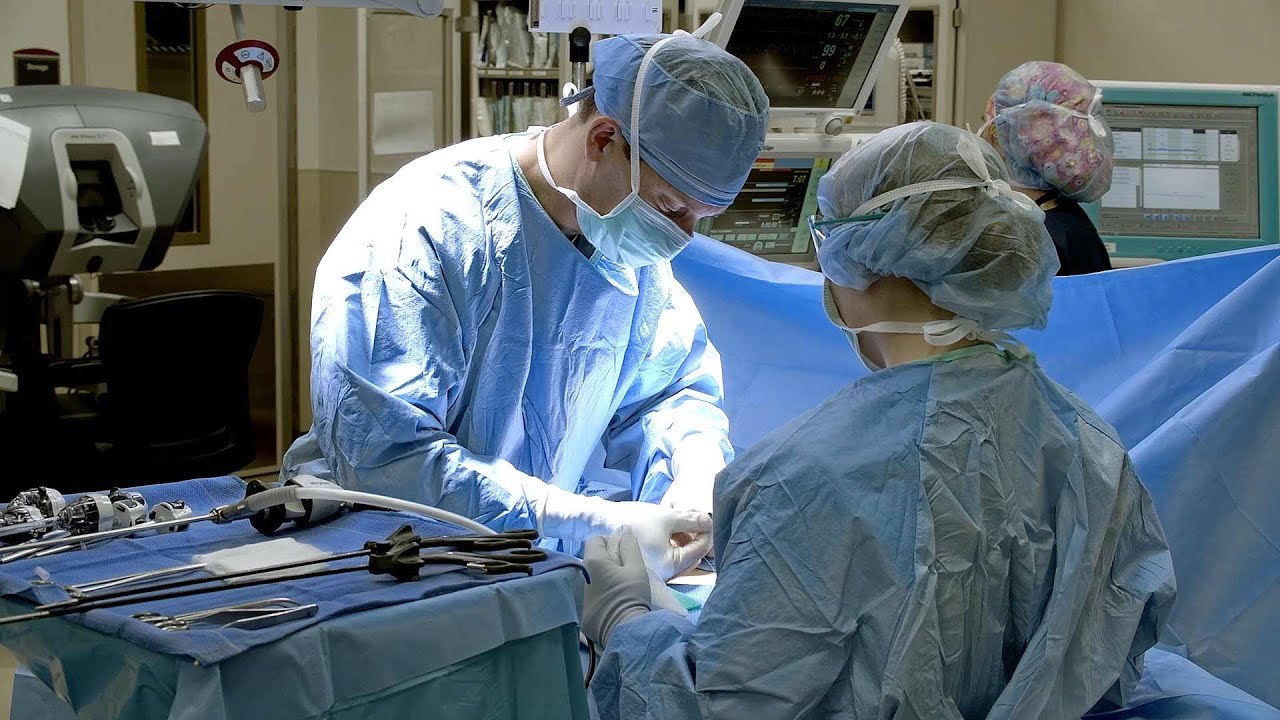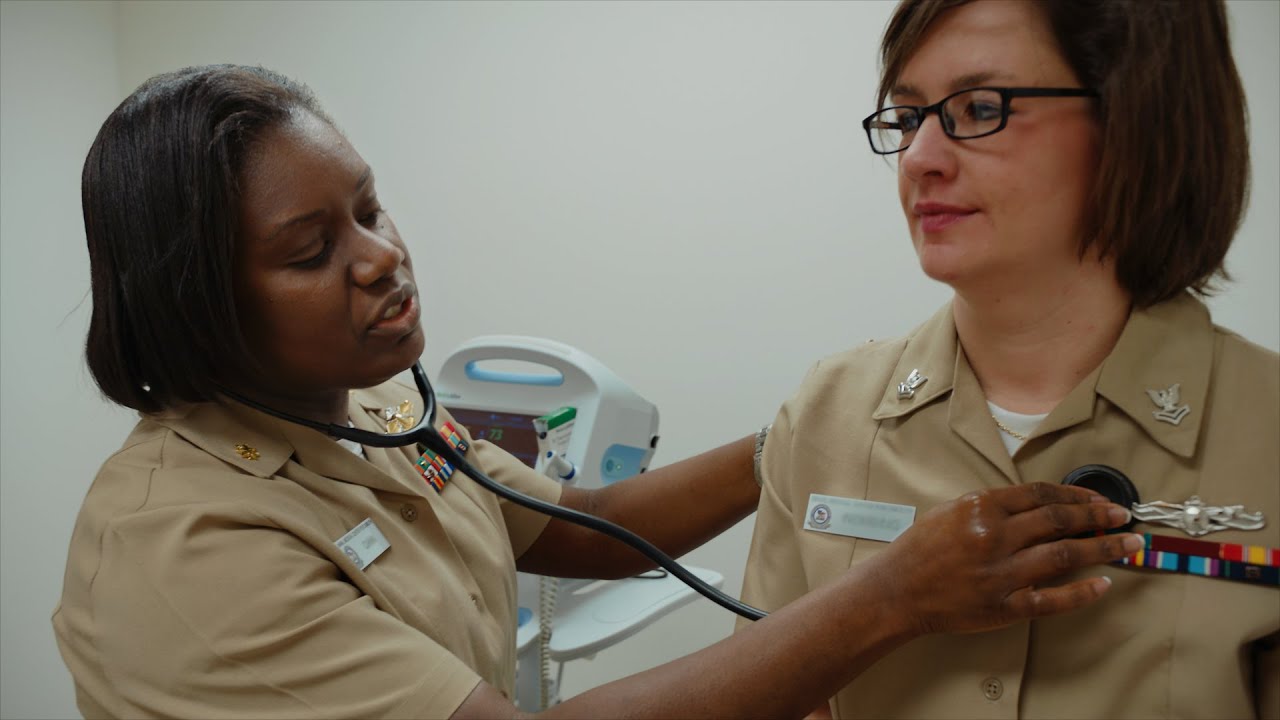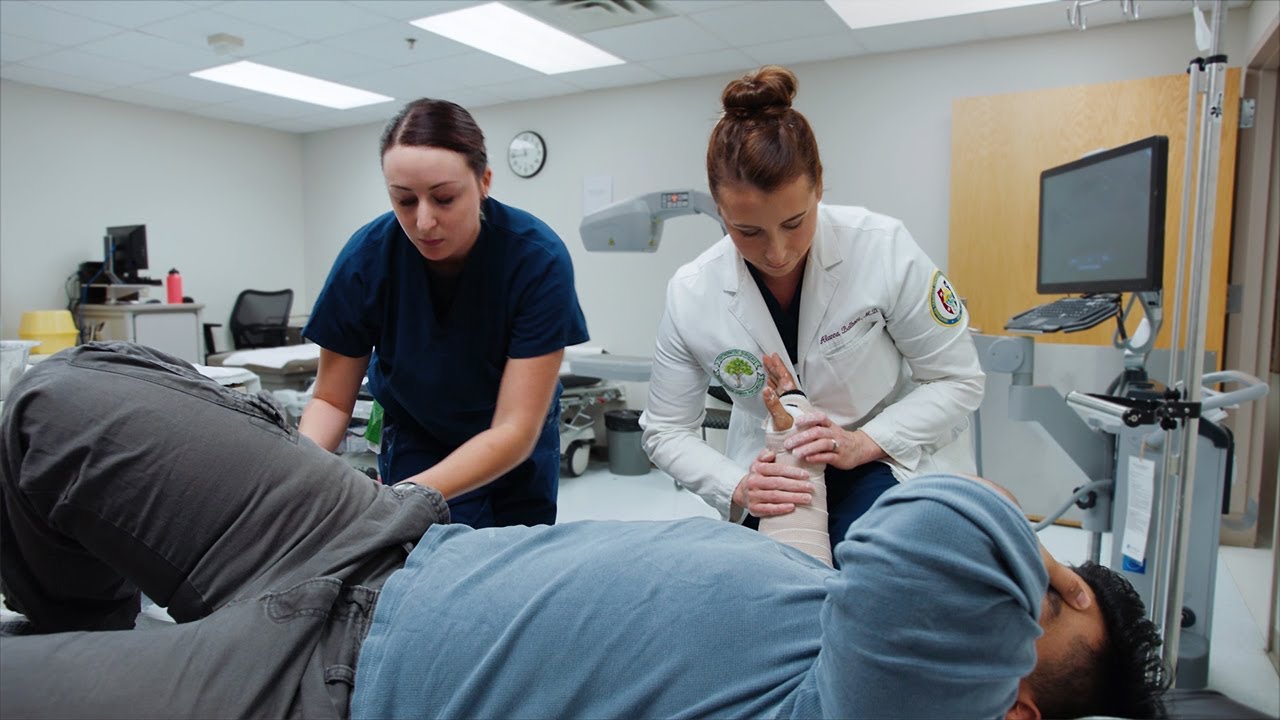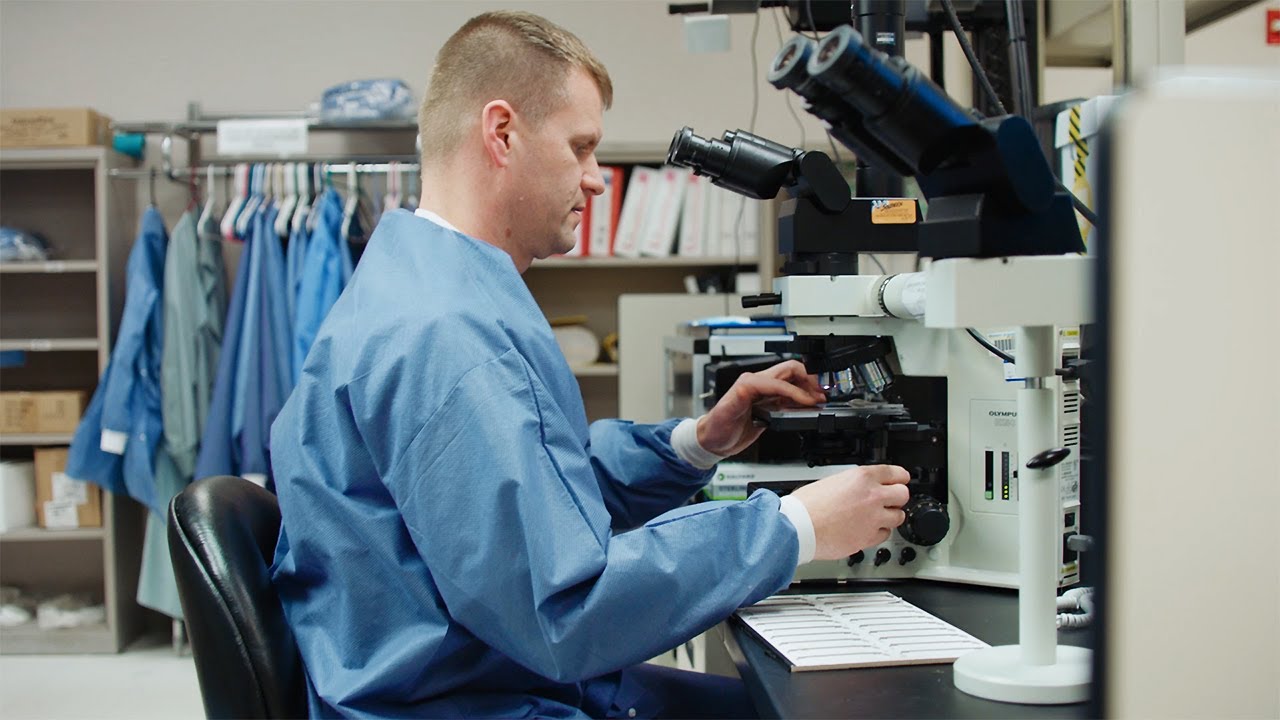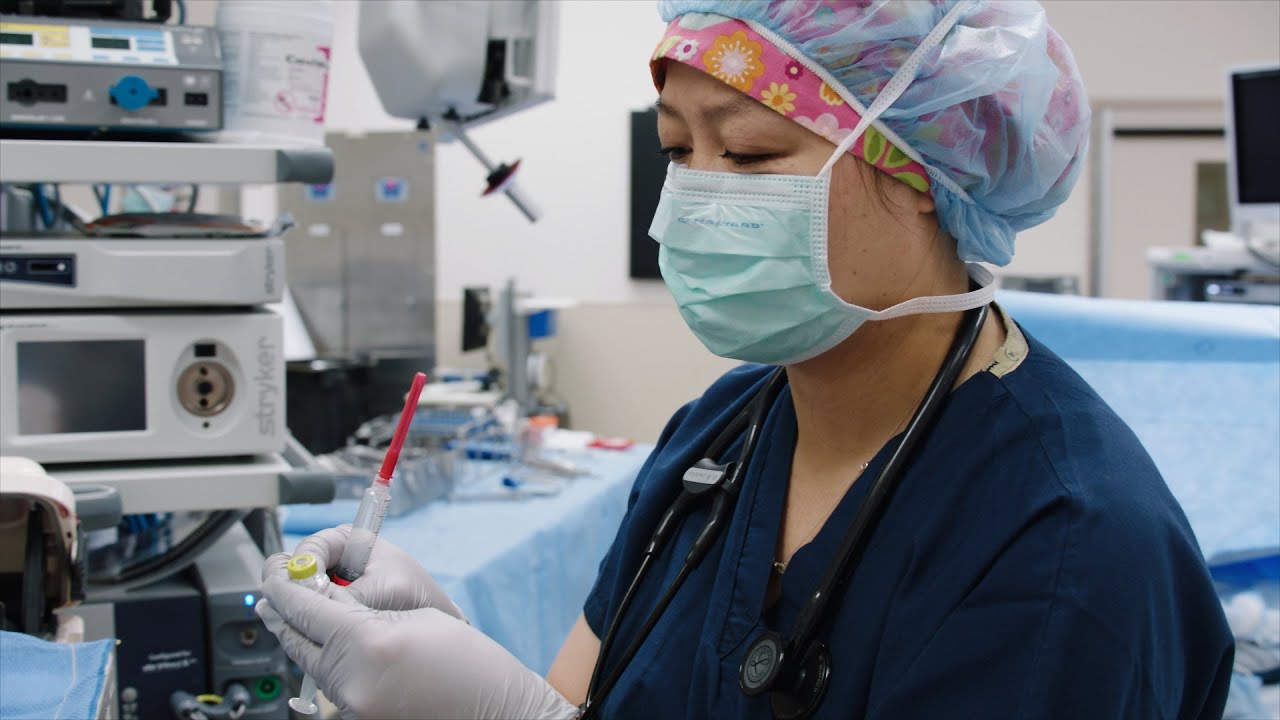Navy Medical Corps: What to Expect
More Information
Responsibilities
As a Navy Physician and Officer in the Navy Medical Corps, you will lead the highly respected Navy healthcare team as you provide high-quality medical care for Sailors, Marines, service members, their families and, when called upon, the population at large. In this role, you may be called upon to:
- Diagnose ailments and treat injuries
- Work at the best military medical facilities on shore, at sea and in the field
- Join top health care professionals on the highly valued Navy health care team
- Collaborate with fellow military doctors and other health care officers, and partner with International Relief Teams and organizations, such as FEMA, USAID and Project Hope
- Operate as a leader within your focus area and get exposure outside your specialty
- Gain management experience that will serve you well throughout your career
Navy Medicine offers practice opportunities in more than 30 specialty and subspecialty areas:
- Aerospace Medicine
- Anesthesiology
- Dermatology
- Emergency Medicine
- Family Medicine
- Fleet Marine Corps Medicine
- Geriatrics
- Internal Medicine
- Allergy/Immunology
- Cardiology
- Endocrinology
- Gastroenterology
- Hematology/Oncology
- Infectious Disease
- Nephrology
- Pulmonary/Critical Care
- Rheumatology
- Neonatology
- Neurology
- Nuclear Medicine
- Obstetrics/Gynecology
- Occupational Medicine
- Ophthalmology
- Osteopathic Medicine
- Otolaryngology
- Pain Management
- Pathology
- Pediatrics
- Physical Medicine
- Plastic and Reconstructive Surgery
- Preventive Medicine
- Psychiatry
- Radiology
- Diagnostic Radiology
- Interventional Radiology
- Radiation Oncology
- Sports Medicine
- Surface Medicine
- Surgery
- Cardiothoracic Surgery
- General Surgery
- Neurosurgery
- Orthopedic Surgery
- Transfusion Medicine
- Tropical Medicine
- Undersea/Diving Medicine
- Urology
Work Environment
Navy Physicians work in a variety of settings, including military medical facilities, ships, and field hospitals, both domestically and internationally. As a Navy Physician, you can work at one of the highly acclaimed National Naval Medical Centers in Bethesda, MD; Portsmouth, VA; and San Diego, CA. You might even provide medical support to deployed troops aboard one of two dedicated hospital ships—the USNS Comfort and USNS Mercy. Still more opportunities are available aboard a surface ship, working closely with a nearby aircraft squadron, or with the Fleet Marine Force. Reserve Physicians primarily drill one weekend a month at a location near their home.
Training & Advancement
Upon graduation from medical school, those pursuing a Physician position are required to attend Officer Development School (ODS) in Newport, RI. ODS is a five-week program that provides a comprehensive and intense introduction to the responsibilities of Navy Staff Corps Officers. Here they learn about the military structure of the U.S. Navy, its rich history of traditions and customs, leadership development and military etiquette.
Once that training is complete, you will learn the ins and outs of life as a Navy Physician at your first assignment.
Promotion opportunities are regularly available but competitive and based on performance.
Post-Service Opportunities
Specialized training received and work experience gained in the course of service can lead to valuable credentialing and occupational opportunities in related fields.
Education Opportunities
The Navy offers generous scholarships, financial assistance and continuing education programs, allowing you to finish your education with little or no debt.
In the Navy, you'll learn to lead others, further distinguishing your career, enhancing your credentials and expanding the boundaries of your expertise. Plus, if you’re a student or resident, you can concentrate on your education or training, with no military/training obligation until after your program is completed.
For Students:
The Navy may pay for your medical education, and you don't need to attend a military medical school. Attend a school of your choice and you may emerge debt-free. With the Navy Health Professions Scholarship Program (HPSP), you may receive 100% tuition coverage during medical school, plus a monthly stipend, reimbursement of expenses and up to $20,000 sign-on bonus. With the Navy Health Services Collegiate Program (HSCP), you may receive from $157,000 to $269,000 while attending medical school. This includes a monthly military salary, a housing allowance, and a comprehensive health care benefits package.
For Residents:
Residents may get supplemental income in medical residency through the Navy Financial Assistance Program (FAP), which may offer you $275,000 or more during your medical residency, including an annual $45,000 grant, a monthly stipend and reimbursement for out-of-pocket expenses.
For Practicing Physicians:
Practicing physicians can receive a sign-on bonus of up to $800,000 if they qualify.
All offers have many variables. To get details and find out which offer would benefit you most, request a medical recruiter contact you.
Qualifications & Requirements
A degree from a four-year college or university is a minimum educational requirement to become a Commissioned Officer. You must also attend Officer Training. There may be exceptions to the degree requirements based on extensive service experience. Additional qualifications include:
- Be a U.S. citizen currently practicing in the U.S.
- Be a graduate of an eligible medical school accredited by the AMA or the AOA
- Have completed one year of graduate-level medical education in a program approved by the AMA or AOA (interns currently in training may also apply)
- Have an MD or DO degree
- Have a current state medical license within one year of entering the Navy Medical Corps
- Be willing to serve a minimum of two years of Active Duty
- Be between the ages of 21 and 64 (qualified candidates over the age of 64 will be considered on a case-by-case basis)
- Be in good physical condition and pass a full medical examination
General qualifications may vary depending upon whether you’re currently serving, whether you’ve served before or whether you’ve never served before.
Part-Time Opportunities in the Navy Reserve Medical Corps
Serve your country as a physician and part-time Navy medical officer.
Navy commissioned physicians attend to service members and their families. They have opportunities to participate in humanitarian relief efforts at home and around the world. They work at state-of-the-art military medical facilities and have access to advanced training and technology, including those not yet available to civilian providers. Navy healthcare offers the ability to focus on the finer points of medicine without the financial and business complications of private practice.
Physicians in the Navy Reserve serve in an Officer role. Before receiving the ongoing professional training that comes with this job, initial training requirements must first be met.
Navy Physicians also:
- Experience manageable patient ratios for high-quality, one-on-one care
- Receive hands-on experience and Navy-funded advanced training
- Enjoy a flexible schedule that leaves time for family and personal pursuits
As a Navy Physician and an Officer in the Navy Medical Corps, you will help lead the highly respected Navy healthcare team as you provide high-quality medical care for Sailors, Marines, other service members, their families, and, when called upon, humanity at large.
You will handle everything a typical physician does, such as diagnosing ailments, treating injuries, and saving lives. You also can move beyond routine:
- Work at the best military medical facilities on shore, at sea, and in the field
- Teach and mentor medical students, post graduate trainees, and more junior colleagues
- Collaborate with fellow military doctors and other healthcare officers, and partner with International Relief Teams and organizations, such as FEMA, USAID, and Project Hope
- Operate as a leader within your focus area and get exposure outside your specialty
- Gain leadership and management experience that will serve you well throughout your medical and military career
Take a moment to learn more about the general roles and responsibilities of Navy Reserve Sailors.
US Navy Reserve Medicine
Serving part-time as a Reservist, your duties will be conducted during your scheduled drilling and training periods. During monthly drilling, Physicians in the Reserve typically drill at a location close to their homes. This gives the flexibility to expand your medical experiences in the Navy without compromising your civilian practice at home.
Most of what you do in the Navy Reserve is considered training. The basic Navy Reserve commitment involves training a minimum of one weekend a month (referred to as drilling) and two weeks a year (referred to as Annual Training) – or the equivalent.
Furthermore, serving as a Reservist physician allows for unique and exciting experiences beyond patient care. Career-long learning in areas within and beyond medicine is both the goal and expectation. You will have the opportunity to shape policy, teach, lead and mentor young men and women, and, if you choose to do so, potentially fly with aviators, sail on ships, dive with the submariners, and/or serve alongside Marines and special operators.
Pulmonary and Critical Care physicians serve essential roles as critical wartime specialists in the military healthcare system. Their efforts in our nation’s conflicts have contributed to innovations and advancements in medical care because of their unique qualifications and training, military experiences and/or by their proximity to armed conflicts. These efforts have contributed to unprecedented survival rates in the recent Afghanistan and Persian Gulf conflicts. Pulmonologists and Intensivists also worked on the front lines of the Department of War’s COVID-19 pandemic medical response.
For the required two week annual training, physicians may serve anywhere, whether at sea, in hospitals stateside, or in bases and camps in countries around the world.
Benefits include:
- Repayment of qualified education loans to the lending institution, paid annually while serving
- Annual bonuses for critical wartime specialists
- Post 9/11 GI Bill (May transfer many of the benefits to immediate family members)
- No-cost or low-cost medical and dental care for you and your eligible family members
- Full Morale, Welfare, and Recreation Privileges (golf, gym, RV camping, movie theater, and discounted event tickets)
- Stay at DoW lodging located on or near U.S. military installations for both duty and recreation
- Military Commissary and Exchange Privileges
- Space "A" Availability for Air Travel
- VA Home Loans
- Miscellaneous military discounts with your military-issued ID card
- Enrollment in the Uniformed Services Blended Retirement System
- Specialized training to become a leader in medicine
- Flexible drilling opportunities
- Any one of these three generous financial offers:
- Up to $50,000 per year in specialty pay
- Up to $250,000 in medical school loan repayment assistance
- An immediate one-time sign-on bonus of up to $10,000
Navy Reserve Sailors joining the Navy Medical Corps as residents can get a monthly stipend in excess of $2,200 while completing their residency. Offers based on service commitment. For complete offer details, request a medical recruiter contact you.
Job Requirements:
MD or DO degree from an accredited U.S. school of medicine or osteopathy; foreign graduates may apply with a permanent certificate from the Educational Council of Foreign Medical Graduates (ECFMG)
- Current license to practice medicine in the United States, District of Columbia, or Puerto Rico
- Eligibility for board certification
- Completion of at least one year of an approved graduate medical education program
- Between 21 and 42 years of age (waivers may be granted on a case-by-case basis up to age 68)
For current or former Navy Officers (NAVET): Prior experience satisfies the initial leadership training requirement – so you will not need to go through Officer Training again.
For current or former Officers of military branches other than the Navy (OSVET), as well as for Officer candidates without prior military experience: Officer Candidates are required to attend Officer Development School (ODS) in Newport, RI. ODS is a five-week program that provides a comprehensive and intense introduction to the responsibilities of Navy Staff Corps Officers. Officers who previously held a commission in another United States Military Service, National Oceanic and Atmospheric Administration, Public Health Service, or United States Coast Guard are exempt from attending ODS or LDO/CWO Academy.

































































































































